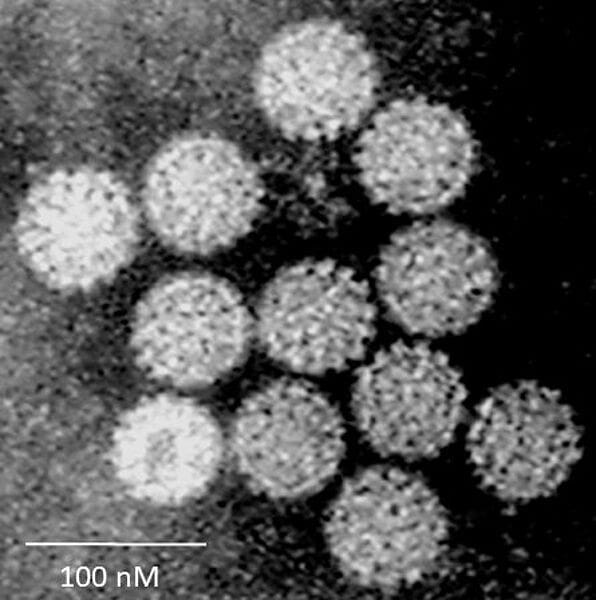New blood test enables early detection of HPV-associated head and neck cancer
A novel blood test could revolutionize the early detection of HPV-associated head and neck cancer. Researchers at Mass General Brigham have shown in a study published in the Journal of the National Cancer Institute that their liquid biopsy procedure, called HPV-DeepSeek, can detect cancer up to 10 years before symptoms appear. This discovery promises earlier treatment and better chances of recovery for those affected.
The human papillomavirus (HPV) causes about 70 percent of head and neck cancers in the U.S., and case numbers are rising annually. Unlike cervical cancer, there are no established screening methods for this type of cancer. Those affected are often only diagnosed when the tumor is already well advanced, has caused symptoms and has spread to lymph nodes. Earlier detection could greatly facilitate treatment and improve patients’ quality of life.

HPV-DeepSeek uses whole genome sequencing to detect tiny fragments of HPV DNA in the bloodstream that are released by tumors. In a study of 56 samples from the Mass General Brigham Biobank ã 28 from people who later developed HPV-associated head and neck cancer and 28 from healthy controls ã the test showed high specificity. He identified HPV tumor DNA in 22 of 28 samples from later patients, while all control samples were negative. The earliest positive result came from a sample taken 7.8 years before diagnosis. Machine learning further increased the accuracy of the test, detecting 27 out of 28 cancer cases, including samples from up to ten years before diagnosis.
The study marks a breakthrough in the early detection of HPV-associated head and neck cancer. Early diagnosis could enable less invasive therapies and significantly improve patient outcomes. The researchers are currently validating their findings in a second National Institutes of Health (NIH)-funded study that includes hundreds of samples from the National Cancer Institute’s Prostate, Lung, Colorectal and Ovarian Cancer Screening Study (PLCO).
The development of HPV-DeepSeek opens up new perspectives for cancer screening and could fundamentally change the treatment of HPV-associated head and neck cancer. The researchers emphasize that earlier detection not only increases the chances of recovery, but also reduces the burden of intensive therapies, which could sustainably improve the quality of life of those affected.
Original Paper:
Editor: X-Press Journalistenbû¥ro GbR
Gender Notice. The personal designations used in this text always refer equally to female, male and diverse persons. Double/triple naming and gendered designations are used for better readability. ected.




